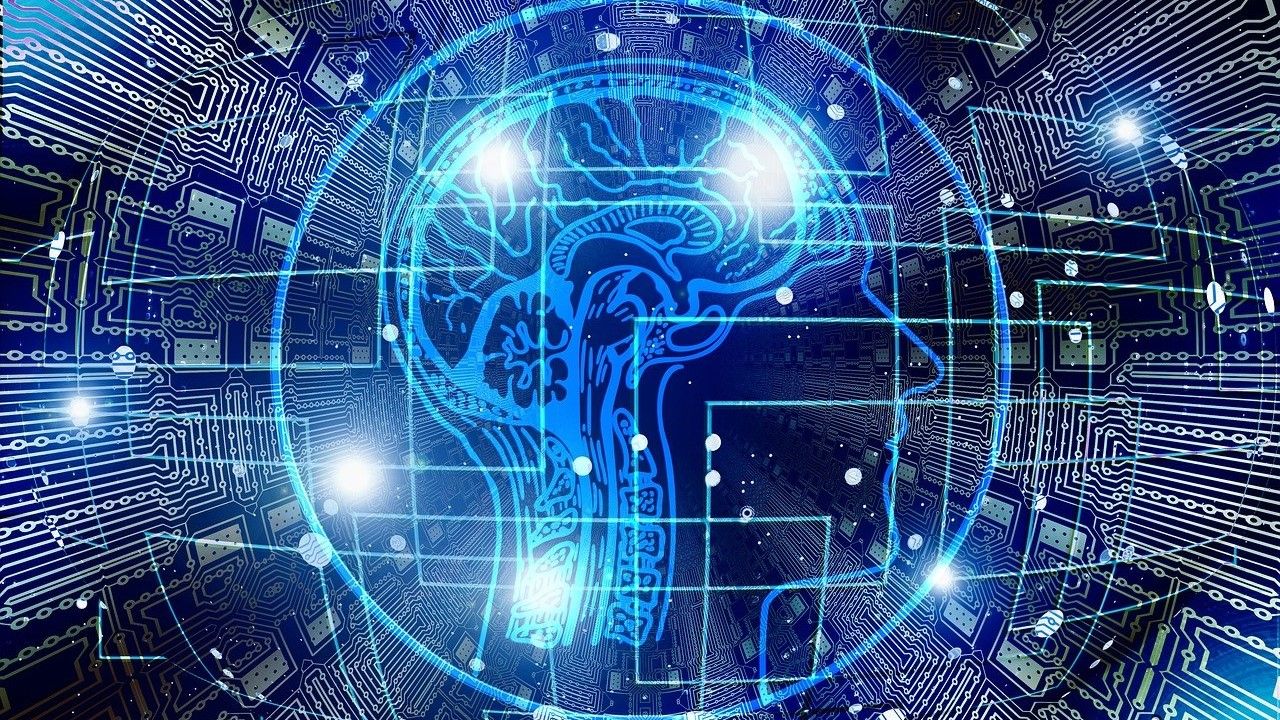ChatGPT May Turn Us All Back into 'Thinking People'

In undergrad, the pre-law students and the software engineers could not be more different. The future lawyers stayed in the arts and sciences department, where they wrote magnanimous essays about things they had no experience in, and the coders were tucked away in the engineering school, where they hosted energy-drink fueled hackathons and game nights.
But this separation could not be further from the lived truth. Firstly, both lawyers and coders spend their days locked away in windowless rooms typing endlessly away at a computer. Secondly, both share a similar root in logos, truth-seeking, and conflict resolution. But, most importantly, with the ChatGPT-3 revolution, they both may be working the same job.
Before machines and computers, lawyers and coders were considered scientists, philosophers, and bureaucrats — depending on the nation. Aristotle, the Athenian freethinker and "father of logic," served not only as a philosophizing academic but as a man of the court, a political advisor to the military exploits of King Alexander, and the first empirical scientist. Aristotle envisioned logic as a form of language, a simple sentence that asserts a falsifiable proposition of objective truth, e.g., “all men are created equal." But in this tight use of language, Aristotle birthed a methodology of truth-seeking still employed in science, litigation, and technology today. The goal of Aristotelian logic was to find objective truths through faultless reasoning: a logic where no set of conclusions stand in contradiction and therefore is universal.
Seven hundred years later, strife between the conquering Normans and the Anglo-Saxon servants left a need for truth-seeking. Norman warriors of Normandy were promised bits of English land in return for their service during the war. The resulting proportionment created conflicts between vassals, their successors, English subjects, and other vassals. To resolve these conflicts, “judges” — soldiers, clergymen, and royal representatives — roamed about drawing up “courts” with “juries” of peers, issuing “writs” for persons to appear, and conducting ordeals, now known as trials, where people can plead their case by word or by the sword.
Law at this time was almost exclusively issues of “wrongs,” criminal harms against other persons, and succession. The latter of which, as many property law students will note, is a question of pure logic, subject-predicate: “if fee simple absolute, then the land goes to the intestate;” “if life-estate, then the land returns to the Norman upon the death of the tenant.” Law then was simply procedure with few subjective elements, essentially a series of codes, "if this, then that; if that, then this."
As diversity grew and the classes became more equitable, the judiciary centralized, courts specialized, the secular profession of the barrister was born, and litigation began to consider variables — evidence — in the codes of English Common Law. All the while continuing to teach Roman Canonical Law, through which Aristotle and his theories of logic continued to influence jurisprudence. Today, young lawyers enter the legal world through rigorous training with logic games, figuring on the LSAT “if this, then that; if that, then this.”
The computer also was invented to find truth in an ever more complicated world of increasing variables. World War II was a battle of logicians, scientists, and philosophers as much as it was a battle of bullets and nukes. At its turning point, on Britain’s Atlantic coast, Axis and Allied submarine ships relied on ciphers to share strategies, locations, and status updates. Simultaneously codebreakers — logicians, scientists, and philosophers — worked day and night to break these ciphers to get the jump on the opposing force. Chief of the ciphers was the German Enigma Cipher considered unbreakable, and chief of the code breakers was mathematician, logician, and theoretical biologist Alan Turing.
To crack the cipher, Turing created a precursor to the computer known as the Bombe, which compared logical languages to each other in record pace, removing logic that held contradictions and leaving only potential patterns of truth. It transformed cracking ciphers from an infinitesimal task to a matter of hours. The Bombe allowed convoy ships to dodge German fire and provide food to the embargoed United Kingdom — saving millions of lives from hunger. His Automated Computing Engine (ACE) would build on the one-operation Bombe by providing the ability to conduct several types of operations on data that is not just fed but stored. The application would be a set of premises about the world fed into a computer, or factfinder, and by using a preset of rules, laws, and known variables, would generate a conclusion that it considers true.
However, the computing that engineering students learn today is eons ahead of the computing of yesteryear. Firstly, students do not have to be a polymath to practice as they have calculators, computers, and their precursors. But, more importantly, with a few input premises Macbooks and PCs can quickly whiz through an incredible series of complex mathematical and logical conclusions drumming up whole interactive videos and music from a couple of encrypted numbers. Worse yet, computers can do so at a rate that would make the National Center for State Courts envious. Despite computational innovation and their shared history and goals, computing and legal analysis have failed to overlap — until now.
On Nov. 30, 2022, Chat-GPT3 was released for public testing and, quickly, a flurry of articles were published rueing the invention of Chat-GPT3 and its effect on all thinking professions, especially law. As seemingly, with a series of a few lines of code one can now make a compelling logical argument, inversely, with a few lines of words one can create a program’s worth of code. AI had long since run aground in engineering, coding, and tech. But for the conservative profession of law, it has been found as disenchanting.
To answer the question directly, can AI replace lawyers? In my personal experience, AI has allowed me, a lowly law student, to dramatically expand my impact in my legal venture and provision of case navigator services. The understanding of grammar, operators, and syntactical interpretation provided by legal education translated readily into code to automate responses, market, and expand my legal analysis. But in all my forays into AI while creating Layman, AI never replaced the study and practice of legal analysis itself. To quote Aristotle, “Rhetoric may be defined as the faculty of observing in any given case the available means of persuasion. This is not a function of any other art.”
To say that AI would replace the lawyer is to say that “the institutes” would replace Gaius or that the Bombe could replace Turing. Lawyers are still the artists: our briefs, prescriptions, and arguments are our art. What the Legal AI revolution highlights is that the human mind, and its truth-seeking imperatives, are more computational than first let on. But, while computers, factfinders, and courts, and their living prescriptions — programs, states, and decrees - are the necessary static conclusions of static rules and premises — it is still up to us to make the case; to find the premises worth understanding.
In response to the AI flurry, law and computer science schools alike have rushed to outlaw ChatGPT-3 from their campuses (in a tizzy reminiscent of how high schools banned the graphing calculator). But, in doing so, they are reneging on an opportunity to re-understand legal education and computer science. Creating Layman made me realize how our agencies, governments, and laws are just logical operations born from the premise of whom we think people are. Secondly, it made me question whether those logical operations have accurate assumptions, utilize the right operators, or come to logical conclusions. Inversely, Layman has pushed coders who worked with me to think more socially about their technical products, e.g., do algorithms differ from laws when they can determine one’s criminal sentence?
The fear of AI is not exaggerated. If we retain the modern scope of legal practice to simple paper pushing and outcome estimates, then yes, AI could come to dominate and replace the legal profession. But if we were to harken back to what law is truly about, truth-seeking and truthmaking, AI frees attorneys to focus the issues, cases, and premises that are truly important.





